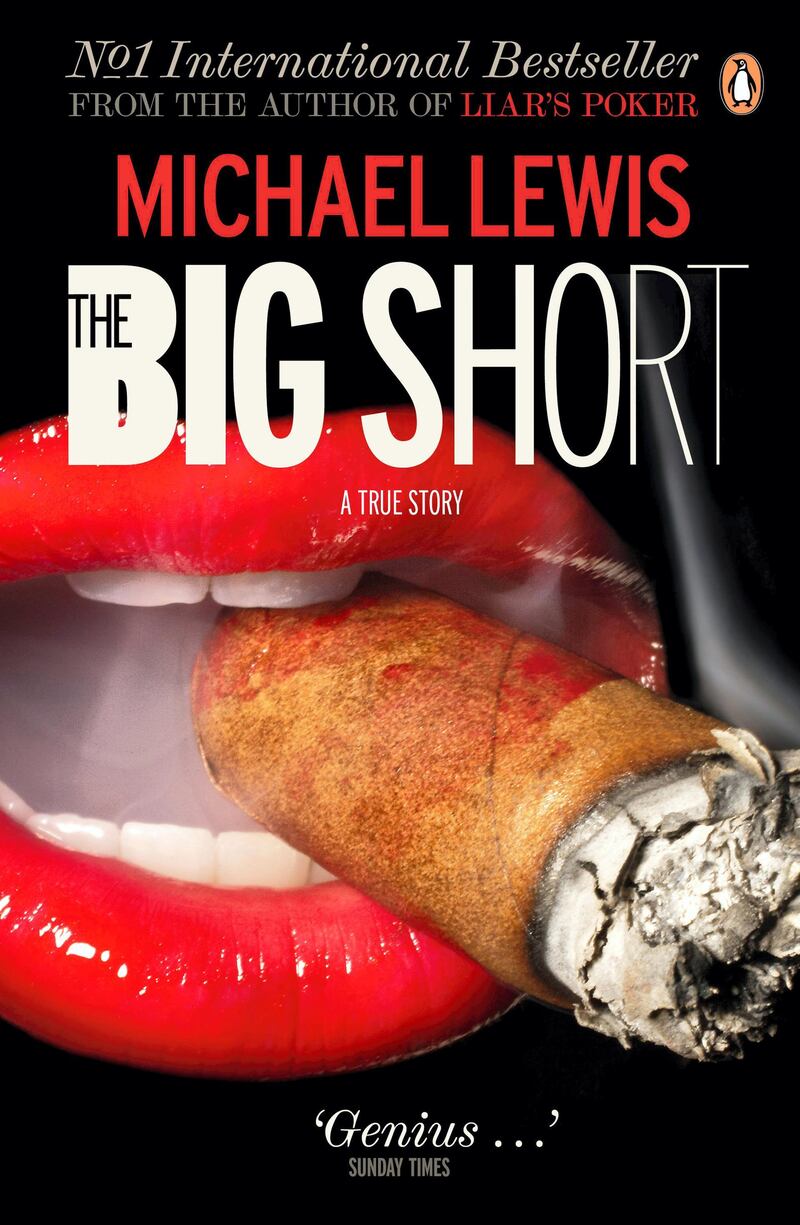Sometimes, when you are trying to write, it can feel as if every word is being dragged, kicking and screaming, from the back of your head. I have found that the best antidote is to walk away from the keyboard and pick up a book instead. Reading other people’s prose shouldn’t be intimidating; more often than not, it simply reminds me that the best writing tends to be the least complicated. Here are five books that make me want to write.
The Old Man and the Sea, Ernest Hemingway (1952)
Not a single word is wasted in this classic tale of an epic battle between an elderly fisherman and a marlin. There are no linguistic fireworks; Hemingway simply puts one assured sentence of flab-free prose after another. If it feels rather bald to begin with, the clarity quickly becomes startling – and the story is almost guaranteed to move you to tears.
White Teeth by Zadie Smith (1999)
Smith’s debut novel, which was published when she was just 24, spills over with youthful exuberance. The joy she so clearly derives from exploring the possibilities of the written word is intoxicating, even if the plot, which meanders around the idiosyncrasies of three London families, eventually runs out of steam. Smith has written more accomplished novels since, but none of them has been quite as funny, exciting or audacious as this one.
The Corrections, Jonathan Franzen (2001)
No book has had a greater impact on me in the past few years than this doorstop of a novel about a retired Midwestern couple and their three adult children, all of whom are facing personal crises. The Lamberts are a family permanently on the brink of collapse – and yet everyone I know who has read The Corrections agrees that, in one way or another, their own family is exactly the same. Franzen illustrates that our most intimate fears and worries are universal. I found it immensely reassuring.
The Big Short, Michael Lewis (2010)
This account of how a small number of people predicted – and profited from – the 2007-08 financial crisis, reads like a thriller. But what is most impressive is the way in which Lewis takes highly complicated financial theories, strips away the jargon, and presents the facts to the reader in the plainest possible English. It is a triumph of research and tenacity. Oh, and it achieves the impossible by making bankers seem interesting.
Lincoln in the Bardo, George Saunders (2017)
Saunders won the Booker Prize last year for this highly ambitious, stylistically experimental novel about grief and regret. When Abraham Lincoln visits the local cemetery to say goodbye to his dead son for the final time, we meet a rich and varied cast of ghosts, many of whom are unwilling to accept their fate. Saunders’s ability to write from so many different perspectives – the novel is presented like a script – is a lesson in how to convey empathy for characters we might not recognise, understand, or even like.
Rupert Hawksley is an Arts & Culture writer for The National
________________
Read more:
[ My favourite reads: Michael Coetzee ]
[ My favourite reads: Nyree McFarlane ]
[ My favourite reads: Arthur MacMillan ]
________________







